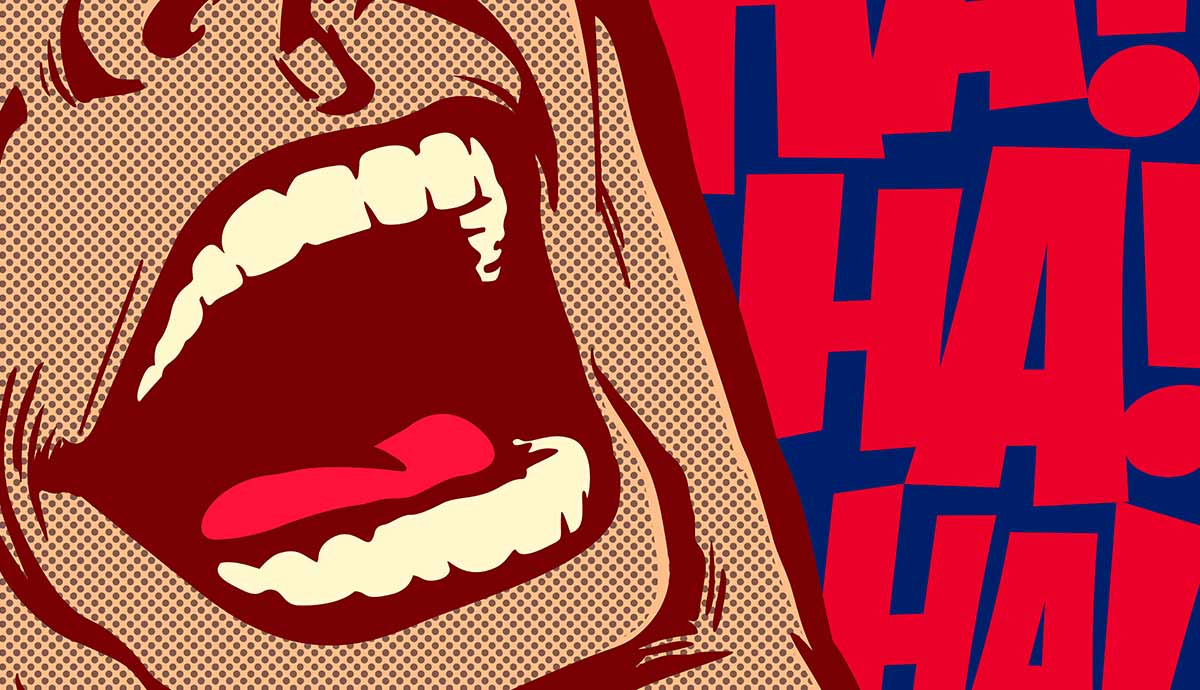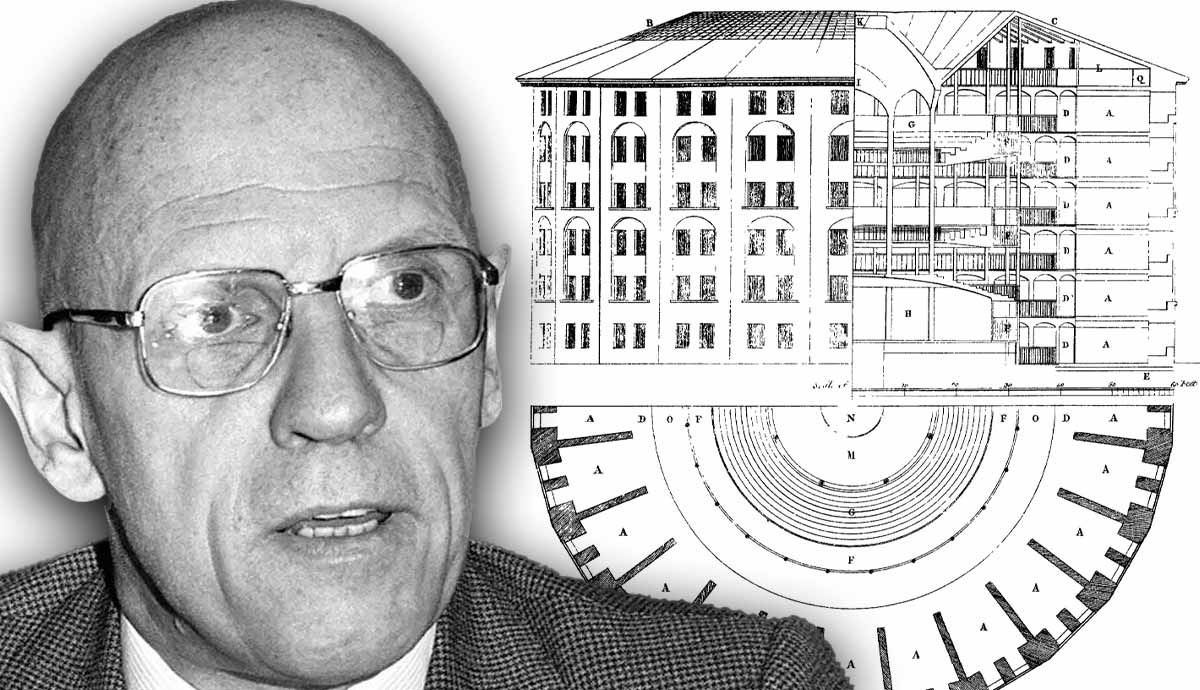
In our current digital era, surveillance is so widespread that we are watched wherever we go. But what effects does this constant watching have on power relations within society? Michel Foucault suggests that we can make sense of contemporary surveillance systems by looking through the lens of the Panopticon, a metaphorical device originally designed for 18th-century prisons. They function as tools for exercising subtle yet extensive control. How does this work when there is a presumption that someone may always be looking over your shoulder?
The Origins of the Panopticon Concept

In the late 1700s, Jeremy Bentham came up with a cool idea for a prison. He wanted to design a building that would change how we think about watching people in jail.
Bentham’s Panopticon was a building like no other. It was round and had a tower in the middle. This meant one guard could watch every single prisoner – who never knew whether they were being watched or not.
They felt invisible eyes on them all the time. Under this constant scrutiny, individuals felt compelled not only to follow rules but also to regulate their own actions closely.
The Panopticon exploited this basic fact at a minimal expense. By staff standards, it was cheap. It is a very clever design for keeping order among those on lock-up whilst maintaining high levels of staff discipline, too.
Michel Foucault took another look at Bentham’s Panopticon in the 20th century. He didn’t see just a prison design—a metaphor for modern society emerged as he thought more broadly.
The philosopher believed the Panopticon could help us grasp how power works when people watch one another (or themselves) in places like schools and hospitals. In other words, you might not be behind bars, but that doesn’t mean you aren’t being watched.
So, Bentham had designed an actual building. Foucault used his idea to show all sorts of everyday control techniques that make individuals feel as if they must be observed all the time.
Foucault’s Theory of Power and Surveillance

Michel Foucault built his power and surveillance theory on the idea of “power/knowledge.” He thought that control over information was a key form of control.
He believed those with such control can shape people’s views and behavior. They are deciding on reality itself, so, normalizing their actions or beliefs while marginalizing those of others.
Central to this view is surveillance: closely watching people (either overtly or making them feel they may be watched at any time), then using what has been learned from the process to influence their actions.
Surveillance does not only involve observing someone. For Foucault, it also has an active role to play when individuals regulate their own behavior because they fear being caught doing otherwise.
In contemporary workplaces, employees often feel compelled to work harder. They know surveillance cameras or monitoring software may record them working improperly.
Michel Foucault’s notion of “disciplinary power” is epitomized by the Panopticon. Simply being watched is sufficient to make people behave. This form of power is both pervasive and subtle since it does not rely on direct force. Rather, individuals come to regulate their own actions under surveillance.
We see this in schools, where students adjust their behavior when teachers’ eyes are upon them. We can also observe it in public spaces, where the presence of CCTV cameras discourages anti-social activities such as rowdiness or vandalism.
The Panopticon can, therefore, be used metaphorically to suggest that modern societies maintain order not only (or primarily) through police or soldiers but by encouraging us all to internalize structures of surveillance.
The Panopticon as a Metaphor for Modern Society
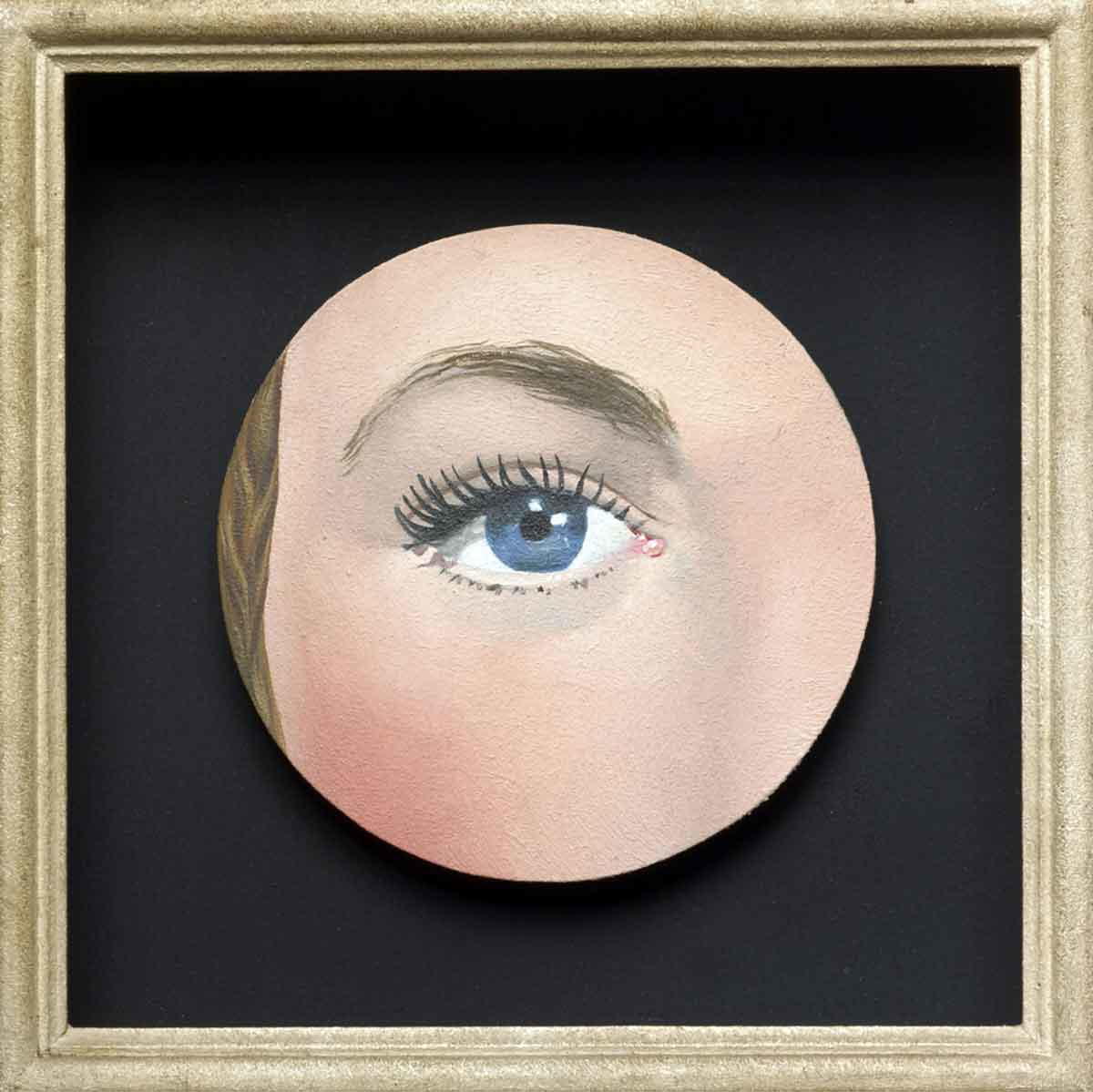
As the Panopticon metaphor suggests, the nature of surveillance in today’s world can be captured by this concept alone. CCTV cameras watch our every move in public. Online activity is systematically logged and checked. Private companies and governments hoard personal information on an epic scale.
All these forms of surveillance are akin to the Panopticon’s design. A small number of people watch over many, leading them to feel as though they must always be on their guard.
The notion developed by Foucault that we come to police ourselves (what he called internalization) is crucial here, too. We are just like those prisoners within the Panopticon who would modify their own behavior because there was every chance someone might be watching them at any point in time.
Knowing that certain activities carried out online are subject to being monitored closely leads some people to think twice before hitting “send” or self-censoring by avoiding altogether specific websites, for example.
An example of this type of internalized surveillance is all around us. It can even affect our behavior within our own homes if we are afraid that smart devices might be monitoring us. Therefore, the Panopticon is a useful analogy for grasping how digital-age surveillance can influence and restrict what people do.
Critiques and Limitations of Foucault’s Panopticon

In spite of its merits, there have been critiques and limitations to Foucault’s model of the Panopticon. Some scholars argue that by focusing only on surveillance as a means of exercising power, Foucault may have overlooked additional ways in which power operates or alternative forms of resistance.
It is true that economic means or direct force can also be used to exercise power without recourse to surveillance alone. It is something not explored at length within the Panopticon.
Moreover, creative techniques for subverting or resisting surveillance are regularly developed by individuals and groups. If this is happening all the time, then we need to question any theory that assumes that watching always leads to control.
Technological developments add another layer of complication. Today, surveillance is not just centralized (located in one place) and concentrated (focused). It is also networked.
An example of this is seen in the emergence of social media platforms. They have brought about a new kind of participatory surveillance. Here, users both watch others—and are watched by them—so that Foucault’s metaphorical lines become blurred.
Other theories have appeared that either question or build on what Foucault said. Gilles Deleuze, for one, came up with the idea of “control societies.” Power today doesn’t only work from one place as it does in a Panopticon. Rather, it is fluid and can move via networks.
These criticisms and new ways of thinking suggest we should develop Foucault’s ideas further if we want to fully grasp how power works when everyone carries a digital recording device in their pocket.
The Panopticon’s Influence on Modern Thought
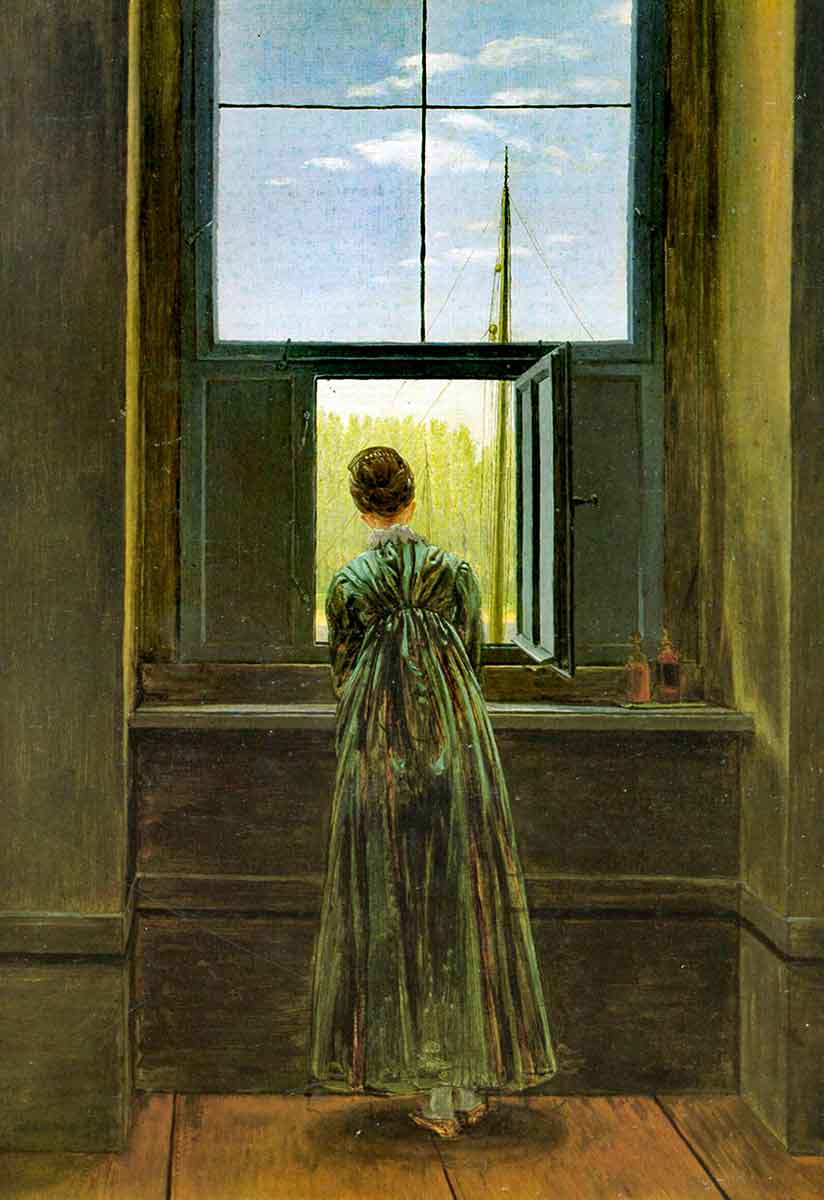
Michel Foucault’s concept of the Panopticon has significantly influenced contemporary thinking, particularly within the fields of sociology and criminology. Scholars employ this notion to examine the functioning of surveillance in various institutions – for instance, schools, hospitals, and prisons.
The idea also helps us appreciate the impact of being observed constantly while going about everyday life in public spaces. If there are closed-circuit television cameras (CCTVs) all over town (as might be the case!), individuals tend to conform with social norms more than they would otherwise.
In cultural studies and media research, academics often bring up the Panopticon when discussing issues of regulation raised by new digital tools like social networking sites.
Take social media’s algorithms. They track users’ behavior online to change what they see and possibly even how they behave – making it a kind of digital Panopticon. Such activities raise important questions about privacy, choice and who gets hurt when everything everywhere becomes surveillance territory.
Foucault’s legacy lives on in philosophy, where the Panopticon is still used to analyze power in today’s world. People debate what freedom, control, and power mean using his idea – and whether there should be more checks against authority for individuals.
His theory has changed our thinking so much that it affects everyday perceptions of power. Things we question or try to change because we think they’re too controlling are now said to be “like a Panopticon.”
Relevance of the Panopticon in the 21st Century

In the 21st century, the Panopticon metaphor is still very relevant – especially when we think about surveillance capitalism. This is where your personal data gets turned into a commodity.
Companies like Google and Facebook track what you do. Then, use that information to build up profiles about you that can be sold to advertisers.
The Digital Panopticon takes this metaphor further. Thanks to social media, artificial intelligence and big data, surveillance is no longer something that just happens in physical spaces. Instead, it has spread out and now affects us all the time when we are online.
Algorithms keep tabs on everything we search for as well as things we “like” or share. And they use this information to create an environment where people end up modifying their own behavior so they fit in with what everyone else does.
In the coming years, the Panopticon could become even more significant than it is now. That is because new technologies such as facial recognition and quantum computing will make surveillance easier.
As politics change and technology advances, we will still need to think about how much power we give up in the name of surveillance versus how many rights we have left. The idea of the Panopticon can help us understand what’s going on as these things develop.
So, What Is Foucault’s Panopticon?
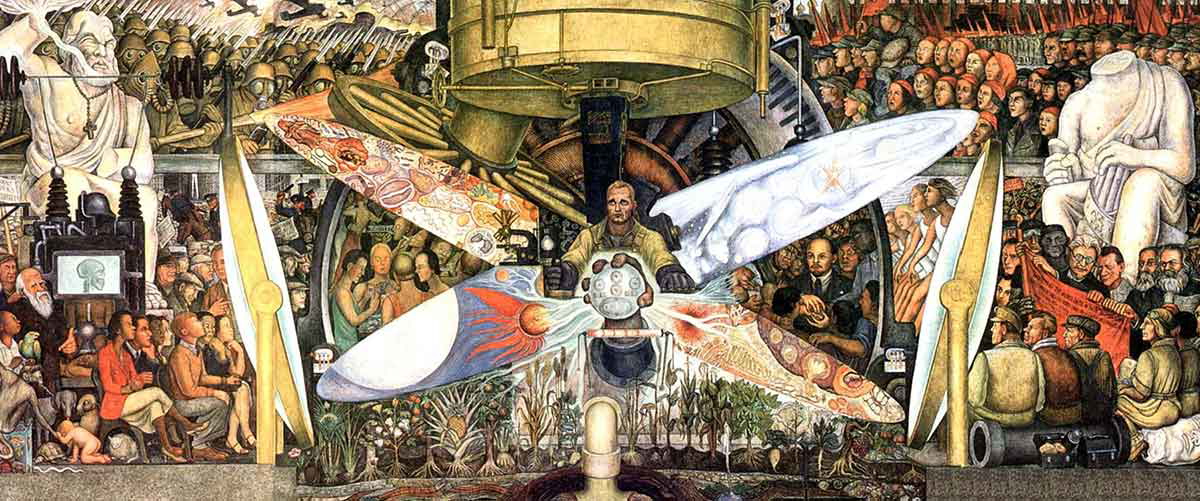
Inspired by Jeremy Bentham’s architectural plans for prisons, Foucault came up with his own design: the Panopticon. This idea has since become a great way to think about surveillance (when you watch people) and control (when you influence them).
The Panopticon shows how continuous observation can help individuals regulate their own behavior, which means it is very useful for controlling them.
Today, this theory can also be applied in places like schools and offices – as well as online. Every time we log on to social media sites, our movements are noticed and used to steer us.
Understanding the ongoing relevance of Foucault’s concept is crucial when looking at how society is developing. We live in a world where it has never been easier to collect information about citizens (think AI, data analysis or internet cookies).
Does thinking about life as a kind of prison make any sense? It might soon, especially if current trends continue.


